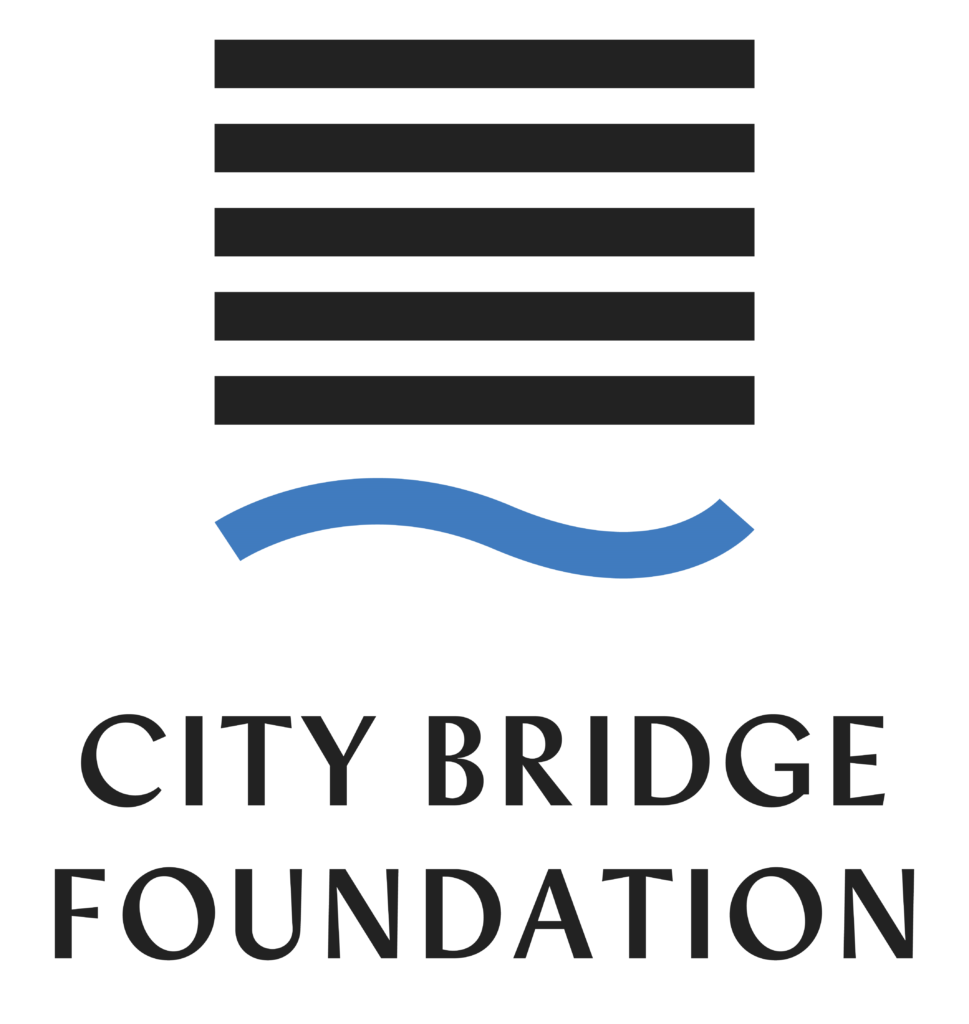YWF Employability Workshop
13th September 2018, Landsec
Objectives:
- Share knowledge on best practice of employability and sector focussed careers initiatives for young people in Westminster
- Identify any gaps in provision and barriers for young people
- Establish the drivers for businesses in engaging local young people through employability initiatives
- Identify what makes employability initiatives attractive, interesting and relevant for young people
- Shape the YWF’s emerging strategy and specifically our Employability Pilot including structure, activities and potential partners
- Provide an opportunity for networking and forming new partnerships
Attendees:
Representatives from:
- Westminster youth clubs
- Young People
- Westminster City Council
- Westminster Business Sector
Insight:
- What career and employability schemes exist currently in Westminster?
- Hostels at Cardinal Hume
- City West Home generally has young engagement employability – through Amberley and Churchill Gardens youth clubs
- Westminster Employment Service
- Paddington Development Trust
- Vodafone, Capital Arches provide programmes for teenagers to give them a career path à but need more awareness of such schemes
What does good practice look like?
- Trustful relationship built between children and people giving advice.
- Benchmarking
- Informed but not strict
- In order to effectively engage young people need to understand their motivation for working, skills or financial?
- If there’s progression in the work, and it can outcome into other opportunities.
- Need earlier engagement with young age groups in schools
2.) What are the drivers for businesses in engaging local young people through employability initiatives?
- Engaging young people in the range of career options available
- Future talent
- Increasing diversity and social mobility
- Staff retention
- Local opportunities for businesses to get into schools
- Volunteering
- Recruitment, but many recruitment models are outdated and don’t target future skills
- Global youth unemployment – 30%
- Skills gap – as children aren’t being taught to adjust to the future and aren’t being prepared it à changing perceptions, helping figure out the “how” we connect generation to teach knowledge and the needs of the workforce
- Increasing local community opportunities to make them more inclusive and local people for local jobs
- Focus on development of skills rather than aptitude – life -long learners
- What makes employability initiatives attractive, interesting and relevant for young people?
- Diverse employers/sector so young people feel represented within an industry. Often feel they ‘can’t see themselves’ in that working environment and hence never apply
- Young people as brand ambassador to represent the brand
- Wages – especially for apprenticeships. Financial reward is a huge motivator, more than skills, for some young people
- Emphasise the long-term benefits/ transferable skills which are included in the job
- Guarantee they will receive reference and feedback
- Paid part time work
- Word of mouth from other friends or people they’re comfortable with
- Engagement à speak their language and not using jargon
- Recognition/ certificate to verify the skills they have obtained from experiences/workshops
- Understanding that success is not out of their reach, especially for people from disadvantaged backgrounds
- What are the barriers for young people in engaging with a wide range of employment industries and careers?
- Getting out of their comfort zone
- CV might not be up to the standard – start building it from earlier years
- Confidence
- Fear of not fitting in
- Not understanding jargon/ways of working
- Schools à only measure success through grades and not any other skills
- Need to normalise barriers to cope, everyone feels anxious at some point in their career
- Taking their own time out to get involved
- Parental pressure/anxiety can be a barrier to young people taking advantage of certain opportunities
- Lack of perseverance/ skills
- Apprentices have a specific age bracket
- Young people feel they don’t know which opportunities exist for them and can’t decide which ones are right for them
- What is missing? Where are the gaps in provisions in Westminster?
- Youth Provisions – support for young people
- Conferences
- Referral systems
- Career guidance – understanding of the local labour market
- Knowledge of actual jobs (narrow awareness)
- Work experience isn’t coordinated e.g. businesses don’t offer the same time period available to schools and drop in provision from One EBP
- Insight days for business visits to give information to students
- Funding in schools to facilitate more employability training
- Showing how to support young people to find their passion
- No one is explaining what is out there
- Not knowing the different roles within each industry à within each company
- Tracking NEETs who don’t meet high threshold
- YWF Employability Pilot – YWF has funding to support an employability pilot in Westminster youth clubs. What ideas do you have to make this project a success?
- Give employment advice, but through the Young ambassadors so young people can relate to their experiences, especially Apprentices
- Create a website/catalogue of opportunities that are available to young people à apprentices, universities
- Open days – case studies to challenge misconceptions of big brands.
- Careers fairs – modern version to make it more interactive and a variation of sectors (science/music/art)
- Targeting young people most at risk of becoming NEETs
- Soft skills/ personal development – building confidence so young people feel able to succeed in new unfamiliar working environments
- Marketing strategies to recruit young people
- Be transparent with young people
- Sharing experiences and success/ struggle stories
- Let young people go into the office, breaking down barriers





Recent Comments